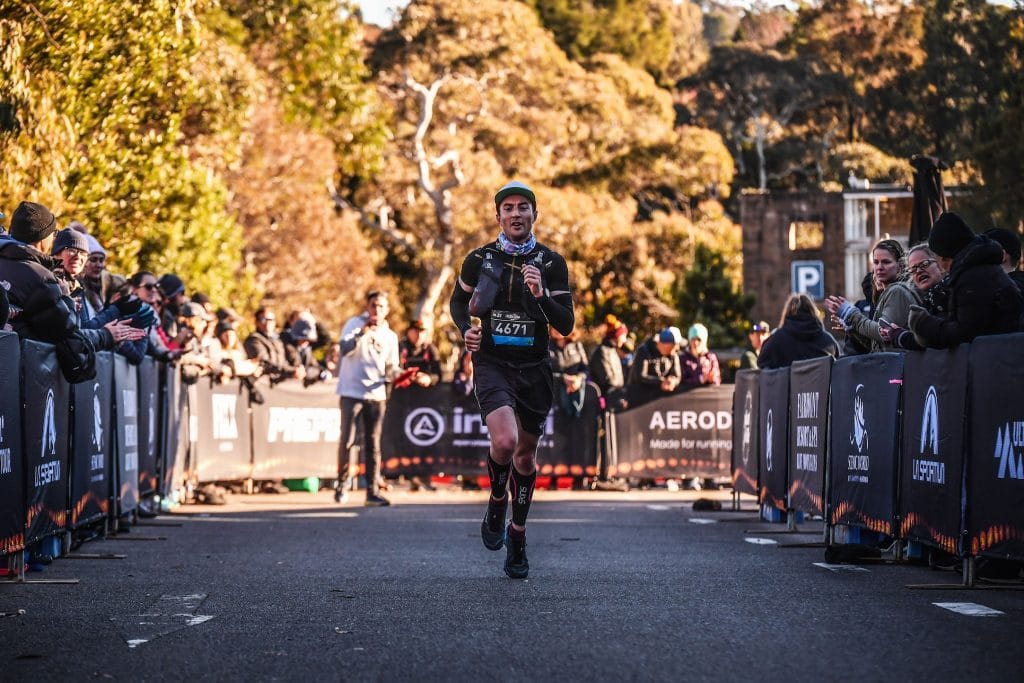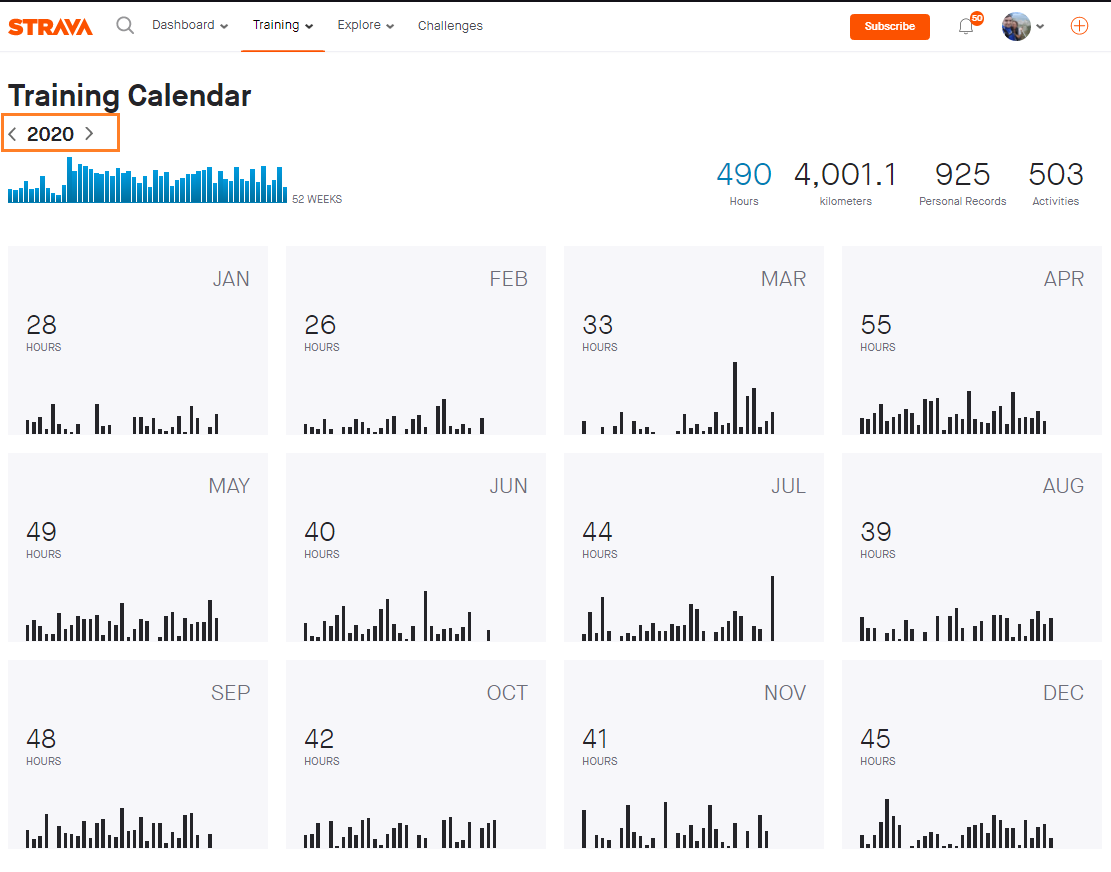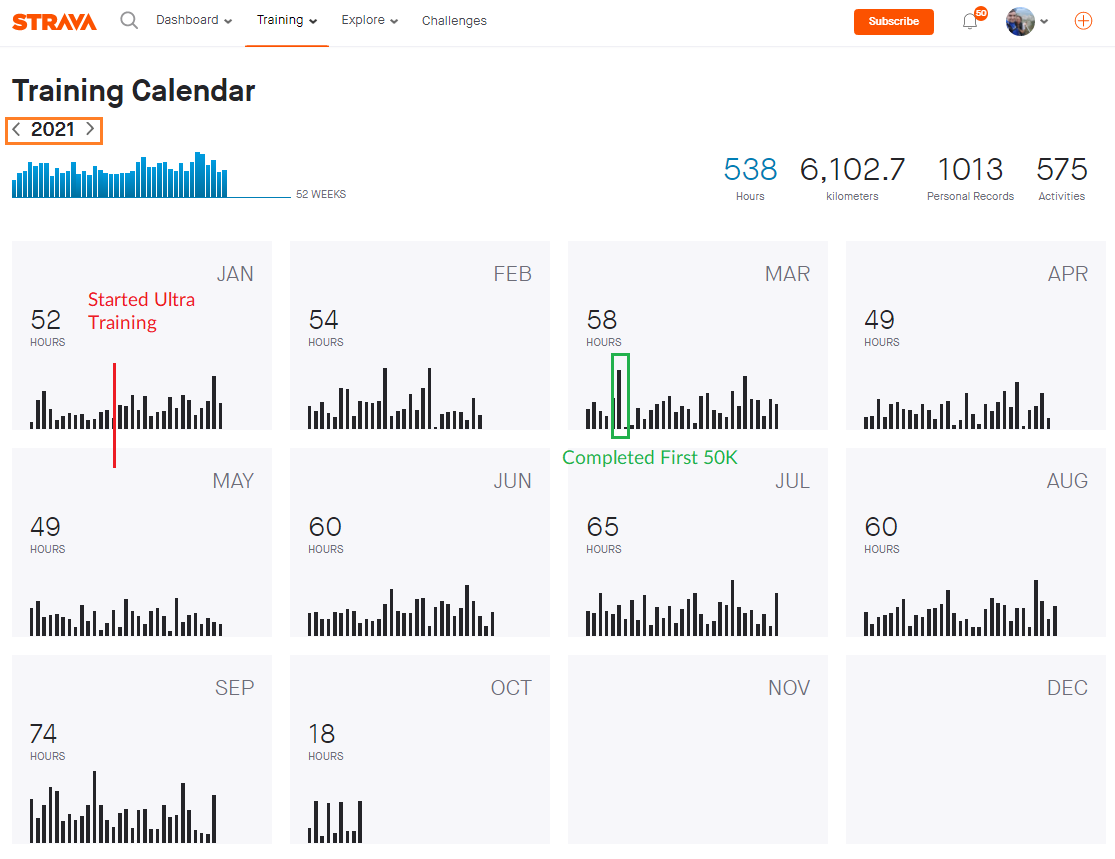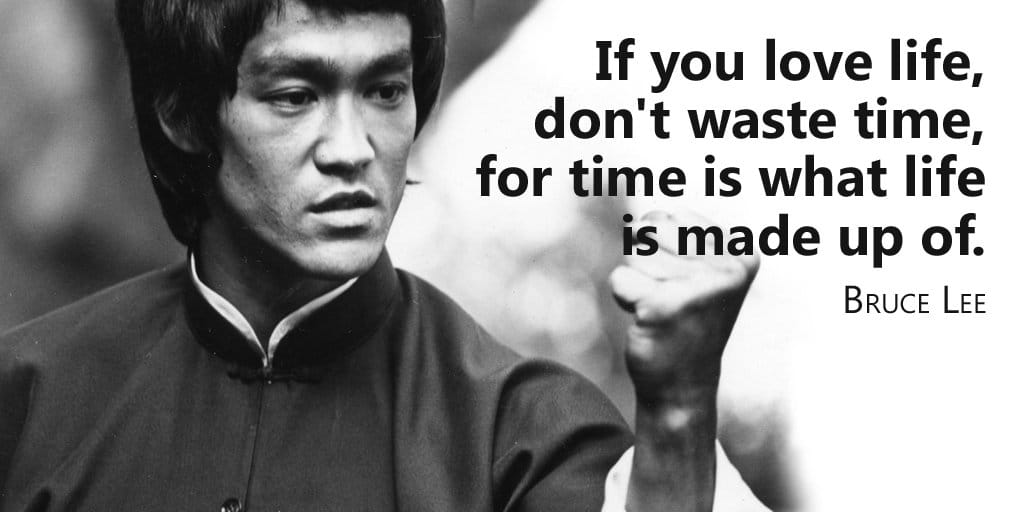Making the Most of Now
It Scares me….
- Have you ever looked back and wished you’d taken that trip or finally tried that new hobby?
- How do you know if you like something if you’ve never tried it?
- What on earth are you waiting for?
Why do people wait until they are ‘retired’ to travel. I don’t know… I think it’s backwards and an unbalanced way of living. All too often, we hear heartbreaking stories of people’s carefully planned lives being cut short by illness, accidents, or other unforeseen circumstances. This begs the question: why wait for the “magical” retirement age of 65 to experience life? Why not start now?
Fired up! Get Some Go About ya!
So cool, I know I want to do something… But what is it and how am I going to make it happen?
1) Planning. As any good Finance person will tell you, success starts with planning. “If you fail to plan,you plan to fail”.
2) Execute: Make it happen. I’m not a humble guy… So I’m just going to say it, I’m good at this. I make things happen. I put plans on shared calendars, I book far ahead, I work through fatigue. YO to the LO.
3) Enjoying the moment and reflecting. An area I need to work on. Sometimes I’m too caught in 1 and 2 that it interferes with the moment.





















